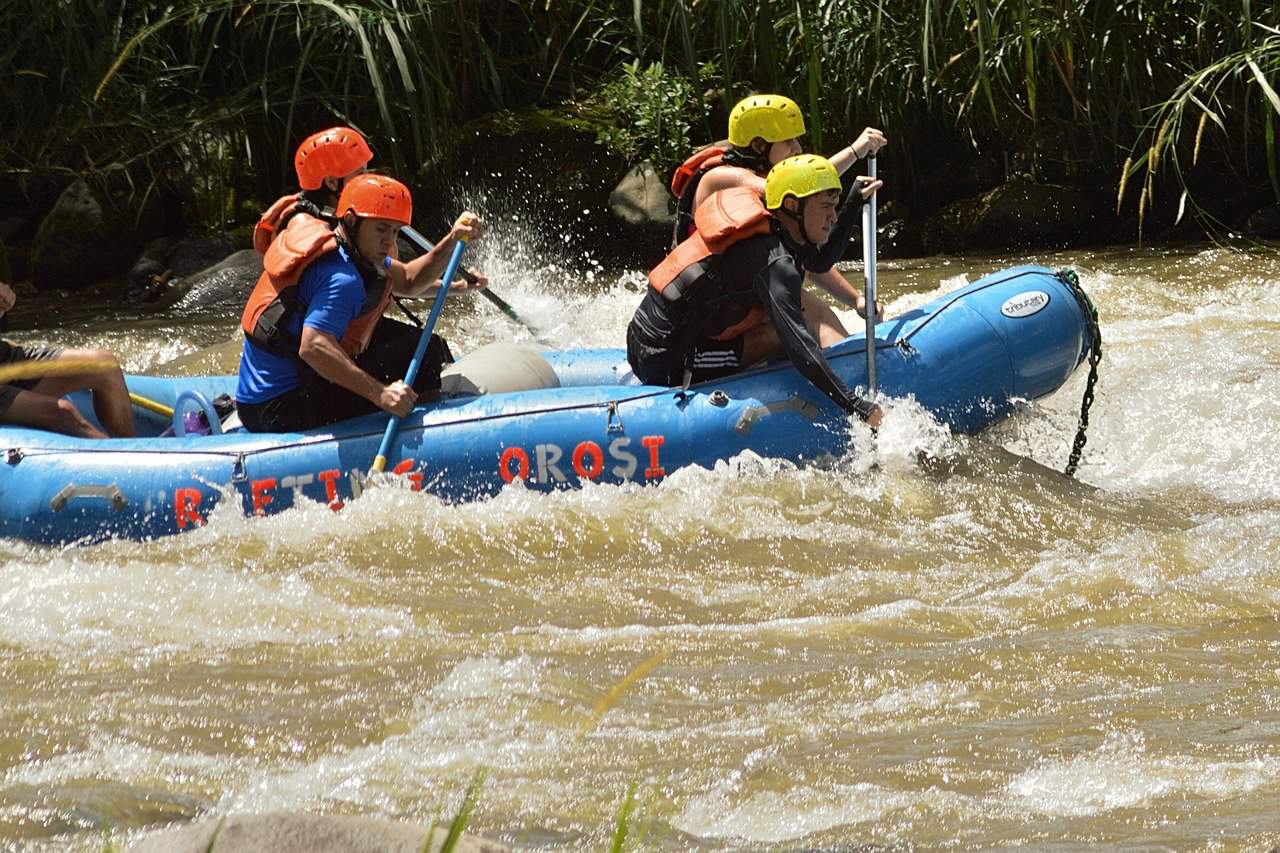Tourism leaders in Costa Rica are warning that rising crime and international criticism could damage the country’s reputation as one of Latin America’s safest travel destinations, deepening an already growing crisis for the industry.
The National Chamber of Tourism (CANATUR) said visitor numbers have dropped significantly, leaving many businesses on the brink of collapse. Hoteliers and tour operators fear the situation could worsen following comments from U.S. President Donald Trump, who recently cited San José as one of the “worst” Latin American capitals for insecurity.
Shirley Calvo, CANATUR’s executive director, said the business community has repeatedly raised concerns about violence, especially in areas heavily reliant on tourism. She argued that the only way to prevent Costa Rica from appearing in negative international rankings is to regain control of public safety. Calvo emphasized her confidence in the national police, who she said are making an effort with limited resources, but urged authorities to provide more funding, equipment, and personnel to restore security for both residents and visitors.
According to Costa Rica’s Judicial Investigation Agency (OIJ), the country had registered 502 homicides as of July 28. Authorities project between 850 and 900 murders by the end of 2025—slightly below the record 907 killings in 2023, but comparable to 2024. Despite the grim outlook, business leaders argue the government has been slow to respond.
Costa Rica’s security minister pushed back against criticism of Trump’s remarks, saying they had been taken out of context. He explained that the U.S. president was highlighting Washington, D.C.’s crime rate during a press conference announcing new security measures, including deploying the Virginia National Guard.
The minister noted that San José records three times fewer homicides than Washington, D.C., and stressed that Trump mentioned Costa Rica, Panama, and Bogotá only to argue that the U.S. capital has higher levels of violence than several Latin American cities.
President Rodrigo Chaves acknowledged Costa Rica’s serious homicide problem but insisted his administration has done everything legally possible to address it. For tourism operators, however, assurances may not be enough. With crime rising and international headlines questioning safety, many fear the country’s biggest economic engine is now under serious threat.






